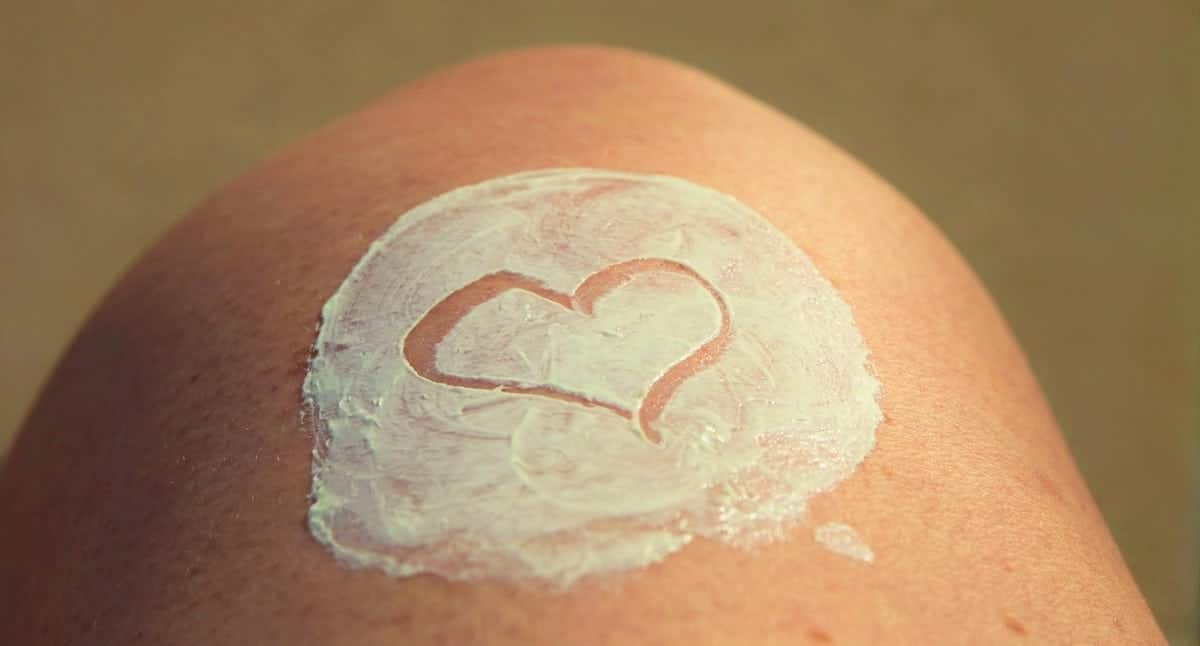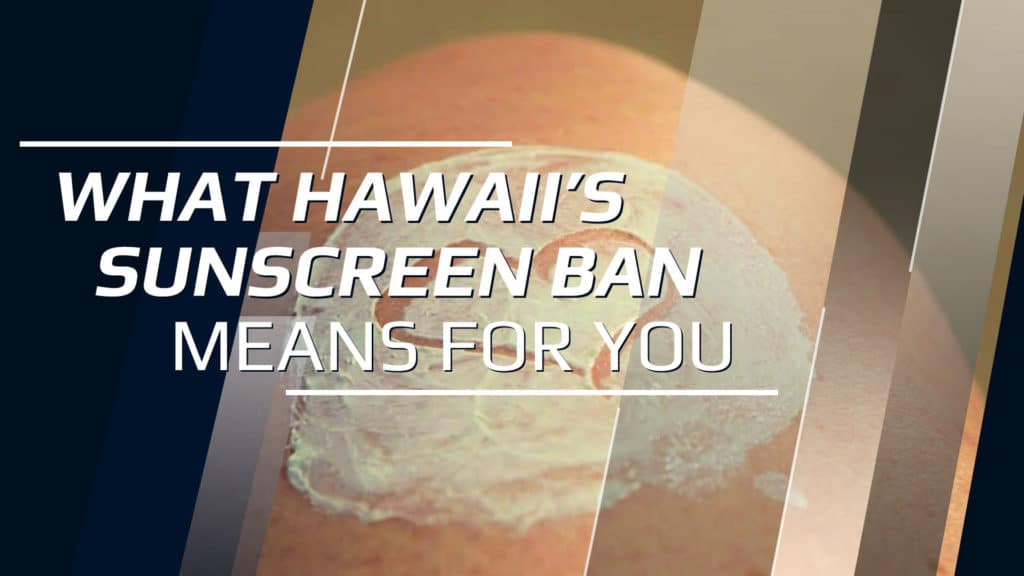10 Facts About Spinner Dolphins
Seeing whales on a whale watch tour is awesome. No doubt about that. But do you know what else is awesome? Seeing dolphins! But is it legal to swim wi...

On July 1, 2018, Hawaii became the first state in the country to ban certain chemicals found in a majority of the sunscreens available to the public. Though the ban does not go into effect until January 1, 2021, here is a brief explanation for why the ban is being put in place and why you should consider switching to reef safe sunblocks prior to 2021.
First, it's important to understand Hawaii did not ban sunscreen, as a whole. What is banned is sunscreens using the chemicals oxybenzone and octinoxate. Many researchers believe these two chemicals lead to coral bleaching and ocean acidification.
Saving coral reefs is important to the state of Hawaii (and the world) for many reasons. It's believed that coral reefs contain the most diverse ecosystems on the planet. They provide shelter and nutrients for thousands of marine organisms. From a purely practical standpoint, coral reefs protect coastlines from the negative effects of wave action and even tropical storms.
Coral reefs are a major source of income for the state of Hawaii. The Coral Reef Initiative Research Program (HCRI-RP), a joint venture between the state's Department of Land and Natural Resources and the University of Hawaii, sponsors studies to measure the economic impact of Hawaii's coral reefs. One such project reports the reefs surrounding the Hawaiian Islands generate about $800 million a year in gross revenues. In tourist-heavy Kihei, for example, it's estimated the death of coral reefs has a negative impact of $20 million annually. (The loss comes from a reduction in hotel and rental incomes plus a loss of property value for owners.)
WHAT IS CORAL BLEACHING?
Coral bleaching is the phenomenon whereby coral loses its color and rejects symbiotic organisms, essentially killing the coral. While rising sea temperatures are the main culprit behind coral bleaching, researchers believe oxybenzone, a UV blocker used in many popular sunscreens, is aiding to the destruction of coral reefs as presented in this 2015 study: "Toxicopathological Effects of the Sunscreen UV Filter, Oxybenzone (Benzophenone-3), on Coral Planulae and Cultured Primary Cells and Its Environmental Contamination in Hawaii and the U.S. Virgin Islands."
ALTERNATIVES TO SUNSCREENS USING OXYBENZONE AND OCTINOXATE
Ultimately, the best way to save your skin and the reefs is to avoid sunscreen altogether by covering up. Sun protection shirts and rash guards are cool looking and do a great job of protecting the skin. Wearing a hat to the beach is always smart. Using umbrellas and tents to create shade are also excellent ways to avoid direct sunlight.
We realize, however, that covering up isn't always practical. You came to Hawaii to play in the sunshine! While oxybenzone and octinoxate are found in a majority of the sunscreens at your local drugstore, there are other other options. Look for products that use zinc oxide and titanium dioxide. The non-profit, non-partisan Environmental Working Group (EWG) has a fantastic Sunscreen 101 guide that lists over 250 reef-safe sunscreens, including the best kid-friendly ones. They've even built a little Amazon store so you can purchase these products online. Additionally, there are a few Maui-made, reef-friendly sunscreens. Three examples are Raw Love, SolKine and Mama Kuleana.

On Maui, reef-healthy sunscreens can be found at health food stores and surf shops, but most of the larger chain stores are now starting to carry it. Be sure to carefully read the active ingredients listed on the bottle because some manufacturers will say they are "reef-friendly", but then go ahead and use the harmful chemicals.
Opponents of Hawaii's sunscreen chemical ban believe that the ban will lead people to stop using sunscreens altogether, thus causing an uptick in sun-related issues, like skin cancer. However, using alternative forms sunscreen can provide just as much protection to your skin, while saving Hawaii's coral reefs. There's no need to wait until 2021 to start using reef-safe sunscreens!
On our popular Lanai Snorkel and Dolphin tour, we are proud to offer reef-safe sunblock to all of our riders at no cost. By the way, did you know that you can now save $10/person on our Maui Princess Dinner Cruise or a Snorkel Adventure to the Island of Lanai? Well you can! Just use the promocode VIP20 after clicking on this link: Hawaii Ocean Project Adventures.
Seeing whales on a whale watch tour is awesome. No doubt about that. But do you know what else is awesome? Seeing dolphins! But is it legal to swim wi...
Last week, it was announced that the Department of Natural Land and Resources are going to put trash-collecting Seabins into the notoriously pollute...
The world's coral reefs are dying. In Hawaii, where many people rely on the ocean for their livelihoods (yes, we're raising our hands), this is a sc...
